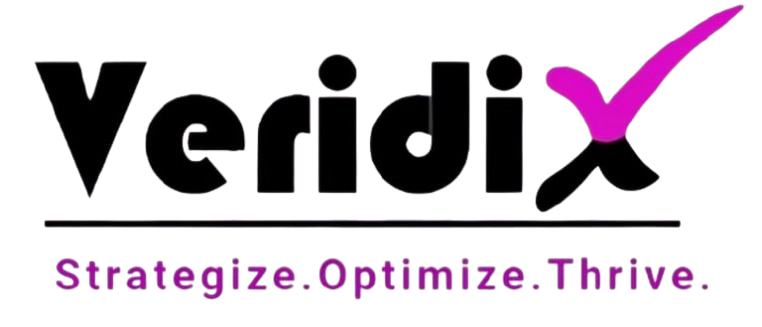Gap Assessment
Evaluating your current system against IATF 16949 requirements
Documentation Development
Creating policies, manuals, and SOPs aligned with the standard
Training Programs
Awareness, Internal Auditor, and implementation workshops for your team





